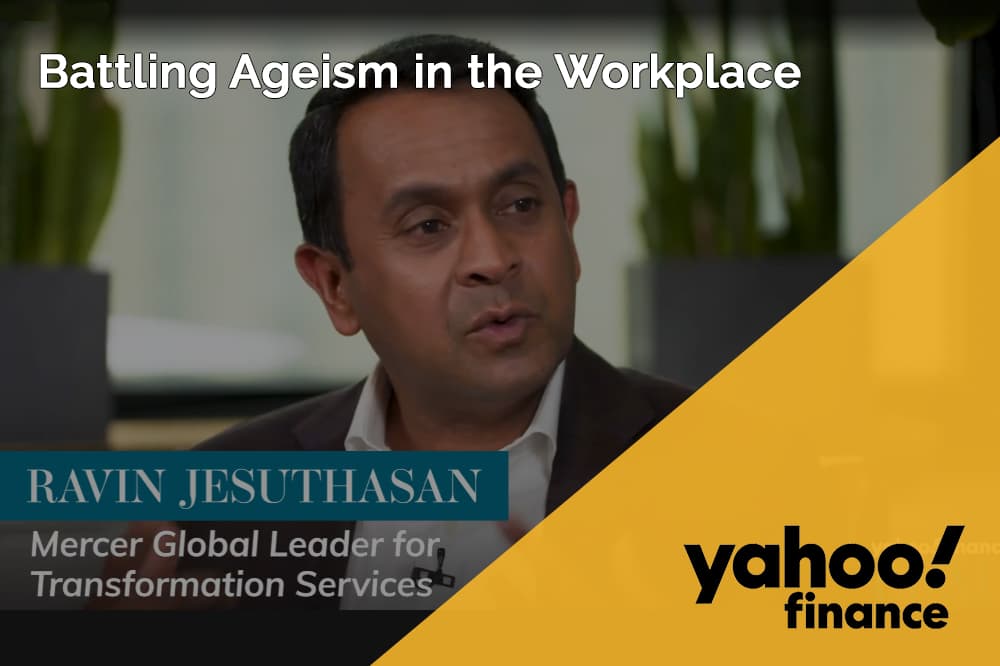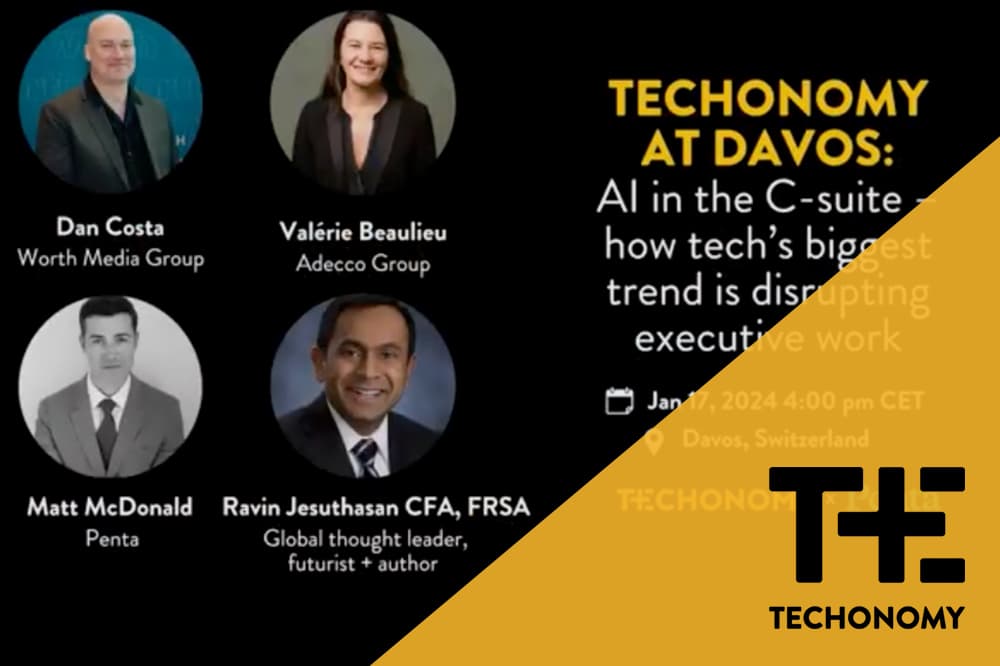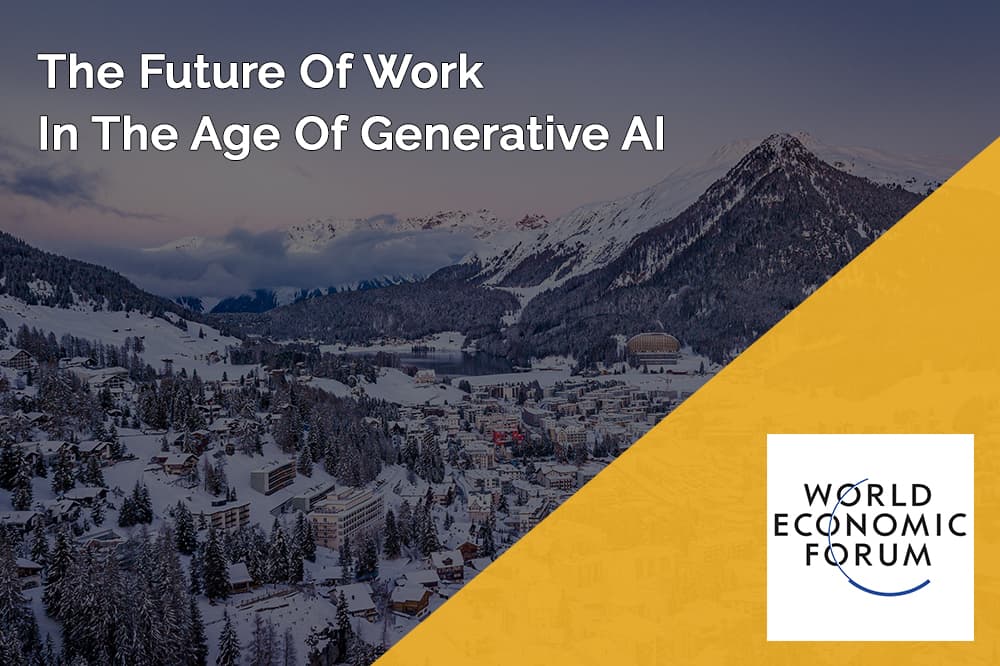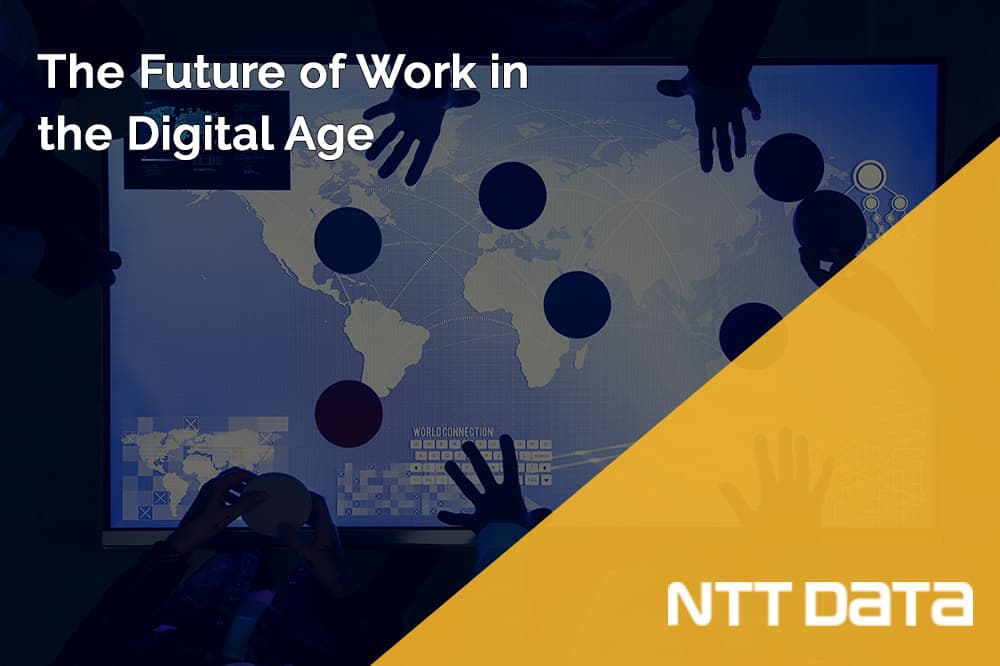Introduction
You may not be a disrupter, but you might find opportunities in the gig economy
There are things businesses can learn from industry disrupters and, in particular, the gig economy and its approach to talent.
Freelance, outsourcing and now…
In pre-disrupter days, we tended to call work that didn’t involve full-time workers and full-time salaries freelance. When an entire process was involved, we tended to call it outsourcing. The advantages were clear: flexibility and cost savings. The advantages, of course, did not come without risks, which included lack of commitment, loyalty and familiarity with the company, its products and its culture.
Today, whether we call it freelance, outsourcing, contingent, independent work or the gig economy, we can add to the advantages: access to a different type of work force; to talent segments who see career, career path and work differently; and access to skills we may not otherwise be able to attract if we don’t think beyond employment. We can add to the risks the potential for increased enforcement activity by governmental bodies, including the Department of Labor (DOL) under the Federal Labor Standards Act (FLSA). Another heightened risk is getting lost in the maze of choices and options in a more complex, politically charged talent marketplace.






